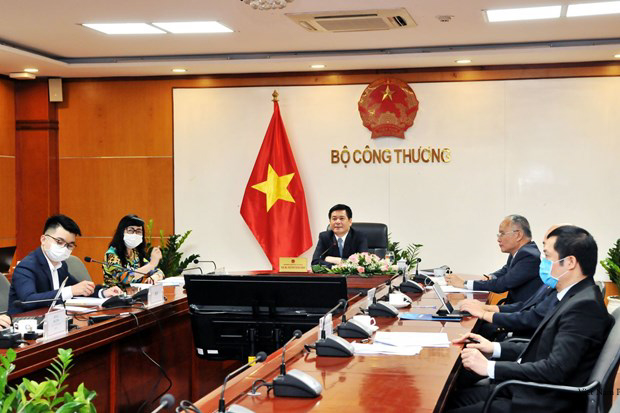Agriculture and Tourism Key to Lao PDR's Sustainable and Shared Prosperity — ADB
Raising competitiveness and strengthening the links between agriculture and tourism will contribute to post-coronavirus disease (COVID-19) recovery and inclusive growth in the Lao People’s Democratic Republic (Lao PDR), according to a report by the Asian Development Bank (ADB) released today.










